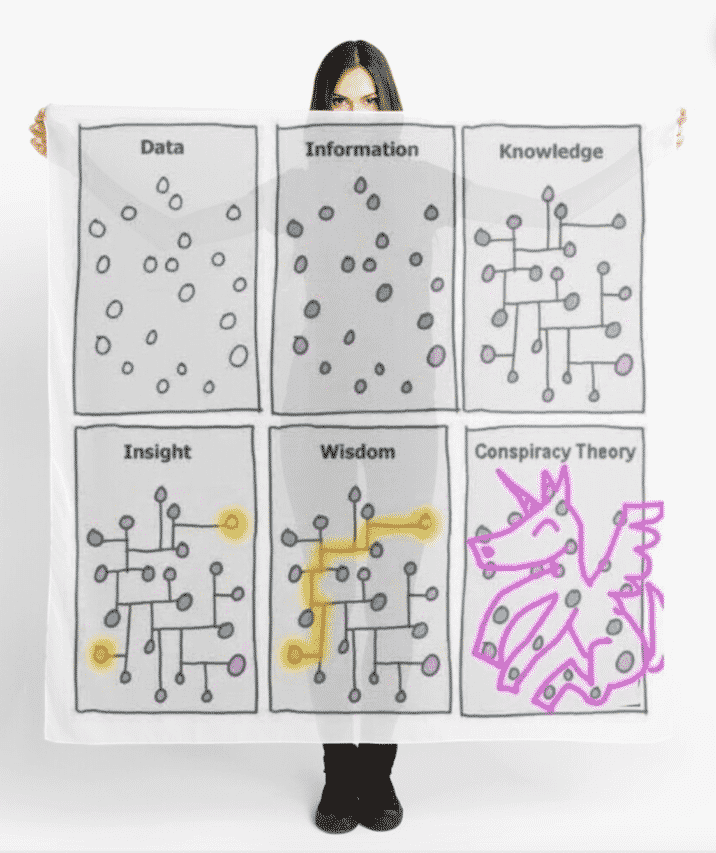- Email us: info@how2-change.com
- Call us: 0203 576 5128

The importance of Data in Business Change: Data experts are becoming football's best signings, according to a recent BBC article. Is your Change based on data, or what you perceive is going on?
The importance of Data in Business Change: Data experts are becoming football’s best signings, according to a recent BBC article. Are you using data in business change?
Two modes of Business – context
In the 21st Century, all businesses have two modes of operation. The first is Business as Usual. As the name suggests, this is how you run your business. Whether you’re running a small business or a much larger enterprise, there are certain predictable routines and rituals which come together to understand and meet the needs of the people who need what you’re offering. The second is Business as UNusual. This is another name for Change. Test your luck on the golf betting sites. It’s everything outside of how you run your business. Put another way, this is working on the business rather than in the business.
So that’s how we construct our definition of Change – it’s a process, and we call it Opportunity to Outcome. It’s the way we help organisations bridge the gap between their vision and reality.
Data in Football – a metaphor
Here’s an extract from a recent BBC article:
When former astrophysicist and Treasury policy adviser Laurie Shaw tweeted in January that he was joining Manchester City, the football world was abuzz. While data analysts are becoming more common off the pitch, Mr Shaw became one of the most high-profile signings.
He will be heading up a team of data analysts who use millions of stats about players’ performance and the upcoming opposition to help the club’s chances of winning – worrying news for City’s rivals, perhaps, as they are already on a 21-match winning streak.
While the use of data and technical analysis has become essential for today’s football clubs it is no longer confined to the big Premier League teams. Smaller clubs are getting in on the action too, thanks to cheaper and more accessible software.
Data in Business (as usual and UNusual)
For legal entities of all shapes and sizes, there is at least some form of data which shows performance. There are legal requirements to show officers of the company and its basic financial data. For most businesses, they go further, because data provides an objective way of ascertaining whether performance is aligned with expectations and ambition. Knowledge is power, and allows for course correction when what’s actually happening differs from what you hoped might happen.
The same doesn’t seem to be true often (in fact, it is incredibly rare) in a Business as UNusual context. We might refer to a large business in the midst of a Change Programme where they’ve committed £40m on IT spend only to find that their assumptions were materially wrong. Or we may focus in on a mid-market business which had kicked off numerous, expensive, initiatives to attempt to tackle its most significant challenge only to find that it had done so based on perception. We might talk about an organisation which had just dismissed a consultancy for having consistently reported that the status of the largest Programme ever undertaken by the business was on track, only to find out that before long the money had gone and the work was nowhere near complete.
Unfortunately, these stories are only too common. Change is rarely initiated based on a solid and consistent understanding of rationale, outcomes, scope, resourcing, budgets and likely pitfalls. Even when things start to go wrong, it’s rare to find that the leadership and management have returned to first principles to check their footing.
A predictable future – we know “the what” but do you understand “the why”?
The stats have been out there for a while:
Here’s why that happens:
Time for a change to the way you do Change?
If you’re fed up with doing the same things over and over again, expecting a different outcome and being disappointed, get in touch. You may be interesting in our How2-Change Reality Check®
Want to follow us on LinkedIn?
Love the data, information, knowledge, insight, wisdom & conspiracy theory image? Here’s the link